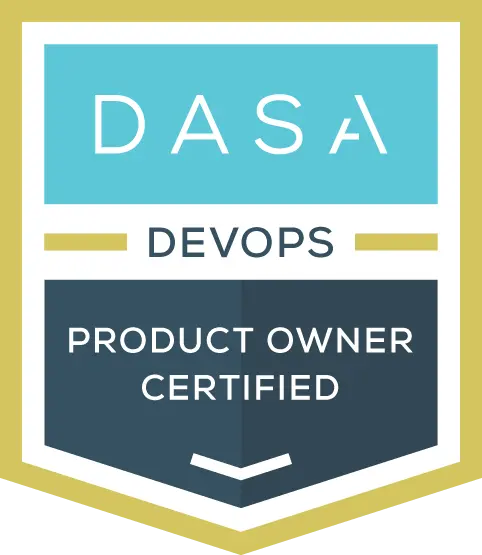On January 17, 2019. Transavia hosted a highly interactive event “Fit for the Future,” enabled by CIO Platform Nederland and the DevOps Agile Skills Association (DASA). After several valuable lessons from Transavia and ABN AMRO Bank on their Agile and DevOps journeys, I had the privilege to facilitate one of the break-out sessions on Organizational Design. The objective of the workshop was to share practical do’s and don’ts on how to drive true organizational change towards self-organizing teams, to deal with the turbulent markets these organizations find themselves in.
First, our group of industry leaders identified several bottlenecks, which currently block their organizations from adopting Agile and DevOps behaviors. Their main bottlenecks included:
- Product Owners are regularly overruled or passed by business owners, and the team gets stuck between multiple types of work and priorities
- Suppliers are either not used to or not stimulated to become self-organizing or T-shaped themselves
- Teams face conflicting objectives and priorities from other teams
- Scaling frameworks (like SAFe) provide guidance, but do not tackle the Operations (Ops) part well
- There is always to much focus on the Development (Dev) teams during the transformation, creating a gap with the rest of the organization
- Ops-oriented professionals get added to the Dev teams, but developers are not stimulated or rewarded for really adopting Ops knowledge and activities
- DevOps teams have no time to understand the needs of regulators
- Organizational redesign. It’s complicated and challenging and requires many (board) stakeholders to understand the “why.”
- Managers have not changed their behaviors to the new way of working. Partly due to still using the wrong governance and KPI structures
- Too often, architects act as police officers, instead of change facilitators
After discussing these major bottlenecks, the group also defined multiple good practices to mitigate these potential bottlenecks, such as:
- Using explicit color coding in teams, to balance different types of work and varied interests (e.g., technical debt)
- Invite suppliers to (big room) planning sessions, to enhance their contribution to the overall product goals.
- Create value streams with clear and shared goals, to prevent suboptimization between teams
- Define your way of working, based on essential ingredients from available frameworks, but always tuned to the specific organizational context
- Ensure the “Ops engineer” is the only one who is not on call during the weekend, to enhance collaboration and knowledge sharing in the teams
- Consistently include regulatory and compliance aspects in the prioritization mechanism across the teams, to ensure risk and compliance get taken into account throughout the lifecycle
The group concluded that changing the organizational structure is a fundamental ingredient for sustainable change in an Agile or DevOps transformation. Without changing the underlying governance and management structures in an organization to support self-organizing and x-functional teams, it is virtually impossible to move towards any fundamentally new way of working. In other words: culture follows structure.


DASA DevOps Product Owner
Help realise maximum business value, engage with stakeholders, and deal with future requirements as well as operational challenges.
